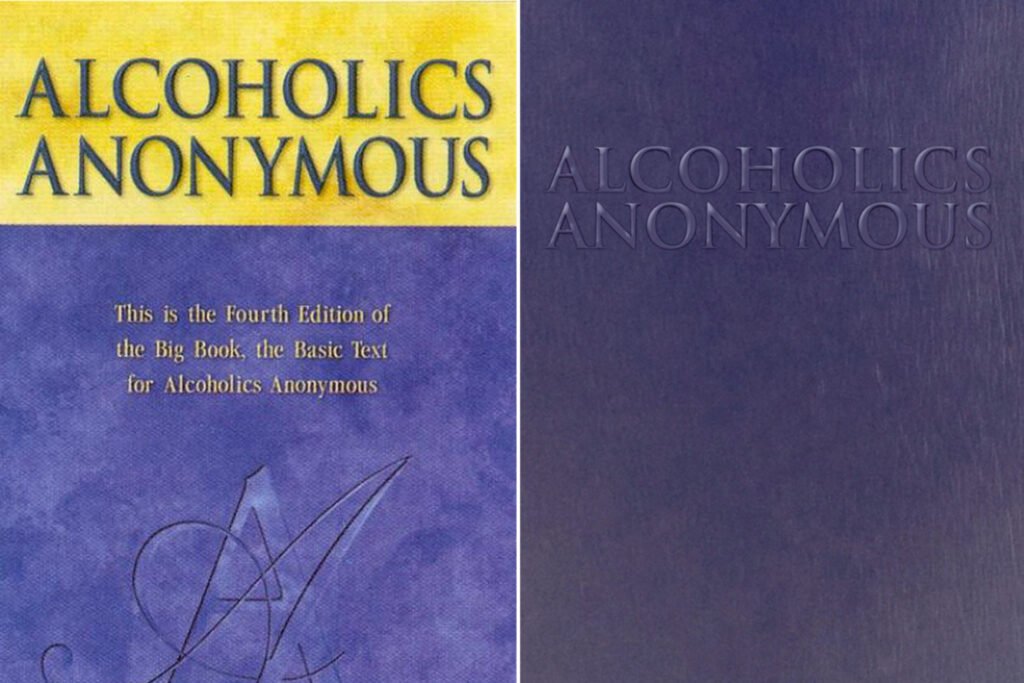The 12 Steps of SA – What are they and what do they mean?
The 12-step concept is the cornerstone of the various groups which emerged from Alcoholics Anonymous, including Sexaholics Anonymous. Though tailored to alleviate the affliction of sexual addiction, it follows the basic contours outlined in the “Big Book of AA” over eighty years ago. The steps are:
Step 1: We admitted that we were powerless over lust—that our lives had become unmanageable.
In this step, we admit that the path we have followed thus far has led us to life of desperation based on a ceaseless pursuit of lust. In order to rectify this, we admit addiction and fruitless attempts at self-reliance have made our life intolerable.
The 12 Steps of SA – What are they and what do they mean? Read More »




